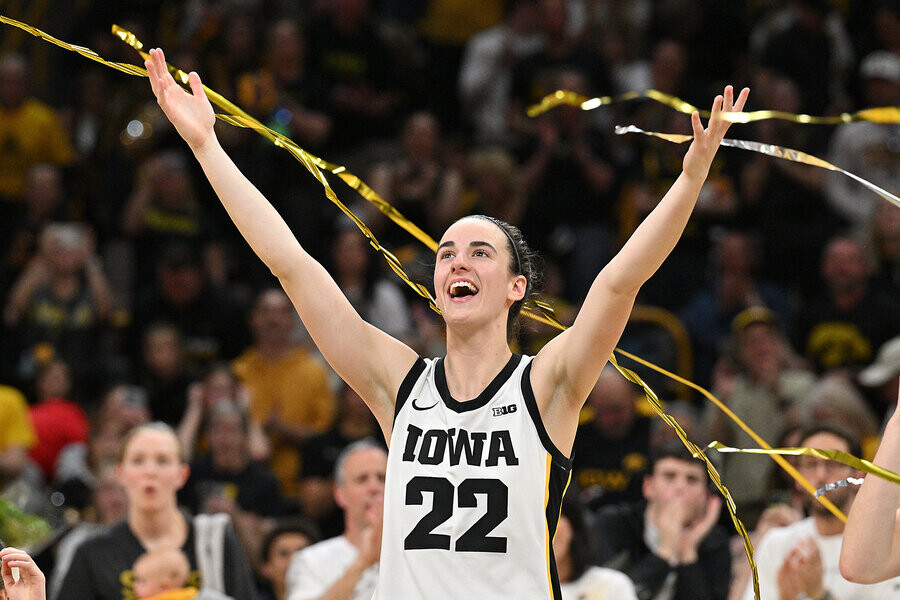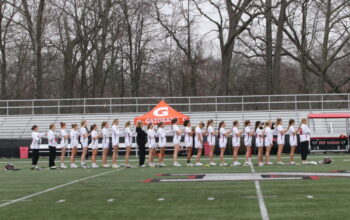Tahlia Scherer, Features Editor
@tscherercourant
To think of the most famous athletes of our time, is to imagine the iconic faces of individuals whose shows of athletic dominance on the big screen were simply unforgettable.
We may think of Michael Jordan’s ‘Flu Game’ in which he – despite staggering from exhaustion, dehydration, and illness – brought his team to victory. We may think of Michael Phelps’ 100m Butterfly in the Beijing Olympics, wherein he out-touched the favorite, Milorad Cavic by 4.7 millimeters (for reference, about the width of a thin necklace chain). Or perhaps we think of Tom Brady, the champion of 7 Super Bowls and the face of the NFL.



Despite sharing MVP status, all of these accomplished athletes share another commonality: they are all men.
As I began researching the best athletes of all time, I noticed a trend. Long lists of names and their respective accolades filled my screen – hundreds of athletes, all men.
Take for example, this article from the Bleacher Report called, “The 100 Most Beloved Athletes in Sports History”. The article exclusively lists the names of male athletes, not once mentioning a single woman in the article. Now, notice the title, “The 100 Most Beloved Athletes,” not “the 100 Most Beloved Male Athletes”. The exclusion of women from the article and the omission of any specifics relating to gender in the title suggests that “athlete” is exclusively associated with masculinity – a testament to the reality of sports in our nation, which lag behind in strides toward gender equality.
However in recent months, the subject of gender inequality in the sporting realm has found its way into mainstream news stations. Why?
With the conclusion of Women’s March Madness, many believe a revolution has begun regarding women in sports.
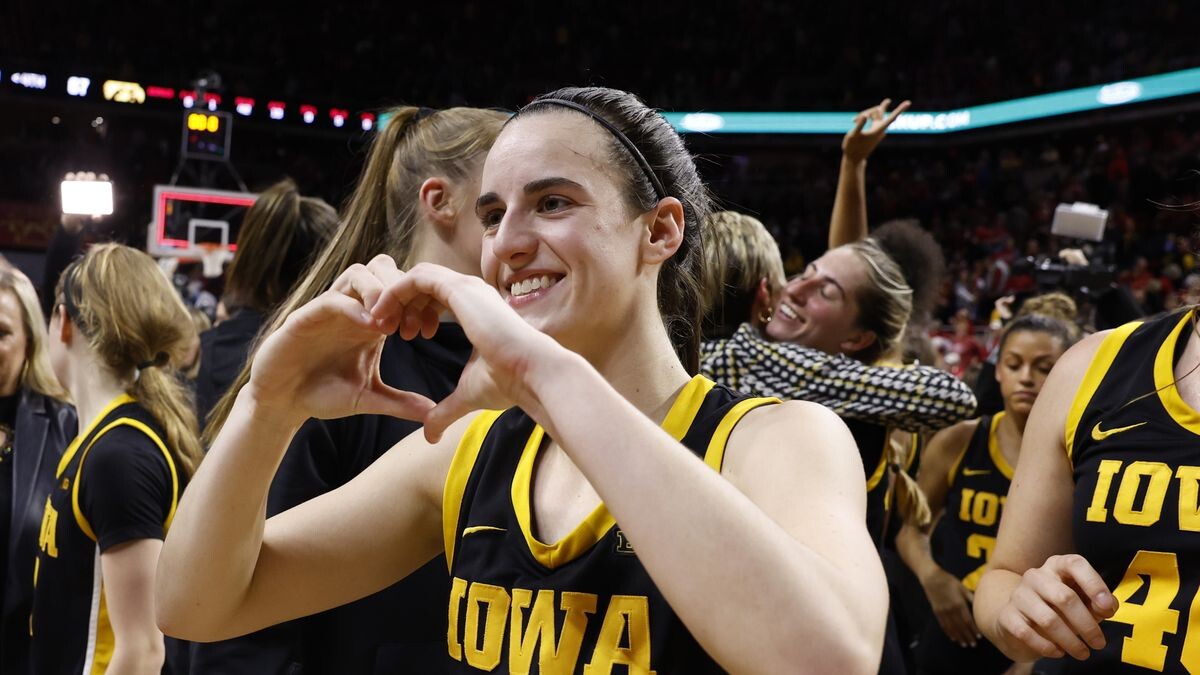
News across the nation espouses Iowa Hawkeye basketball player, Caitlin Clark, has reshaped the women’s college basketball landscape. But is this really true?
I am not a die-hard basketball fan, I didn’t even make a March Madness bracket this year. Yet, it doesn’t take a fan to notice that something is changing in the basketball world.
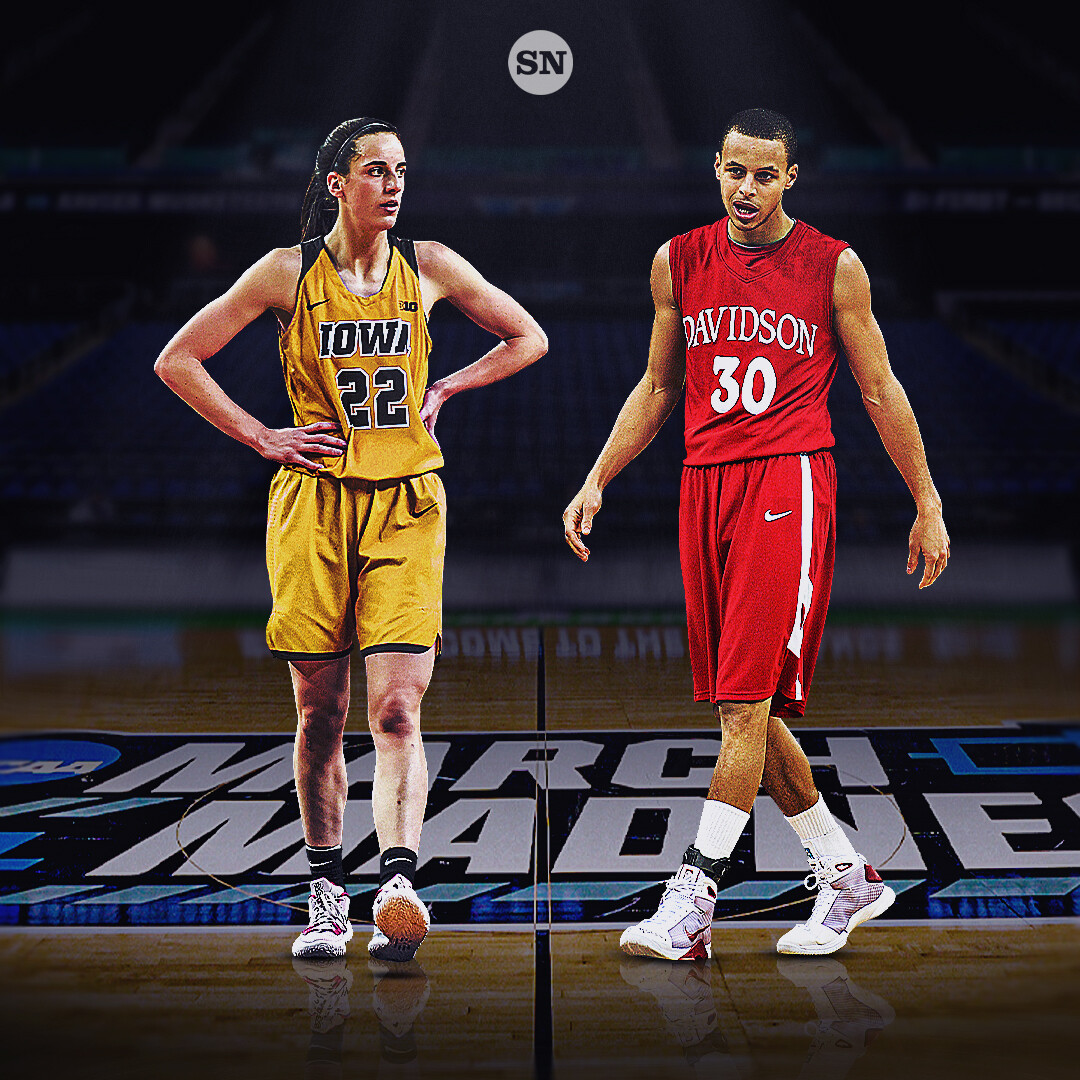
The “Caitlin Clark Effect”, a term coined by Glamour, represents Clark’s colossal effect on not just the nation, or even the sporting world, but the globe at large. Clark shattered a dozen records this year, including the all-time scoring record for college basketball and the record for most 3-pointers in a single season (a record previously held by the lauded Steph Curry, who CBS Sports ranks the third best player in the NBA).
On April 7th, 2024, approximately 19 million people watched Clark and the Hawkeyes play the University South Carolina Gamecocks for the March Madness championship title. This level of viewership is staggering. This game became the most watched basketball game ever – across all genders and leagues. Clark said, “We started our season playing in front of 55,000 people in Kinnick Stadium, and now we’re ending it playing in front of probably 15 million people or more on TV” (Associated Press). And this is simply the beginning, at least many hope, of female athletes finally receiving the attention they deserve.
Clark’s future is promising. Her fame in the media will be carried over into the WNBA, as Clark is projected to be the number one draft pick.
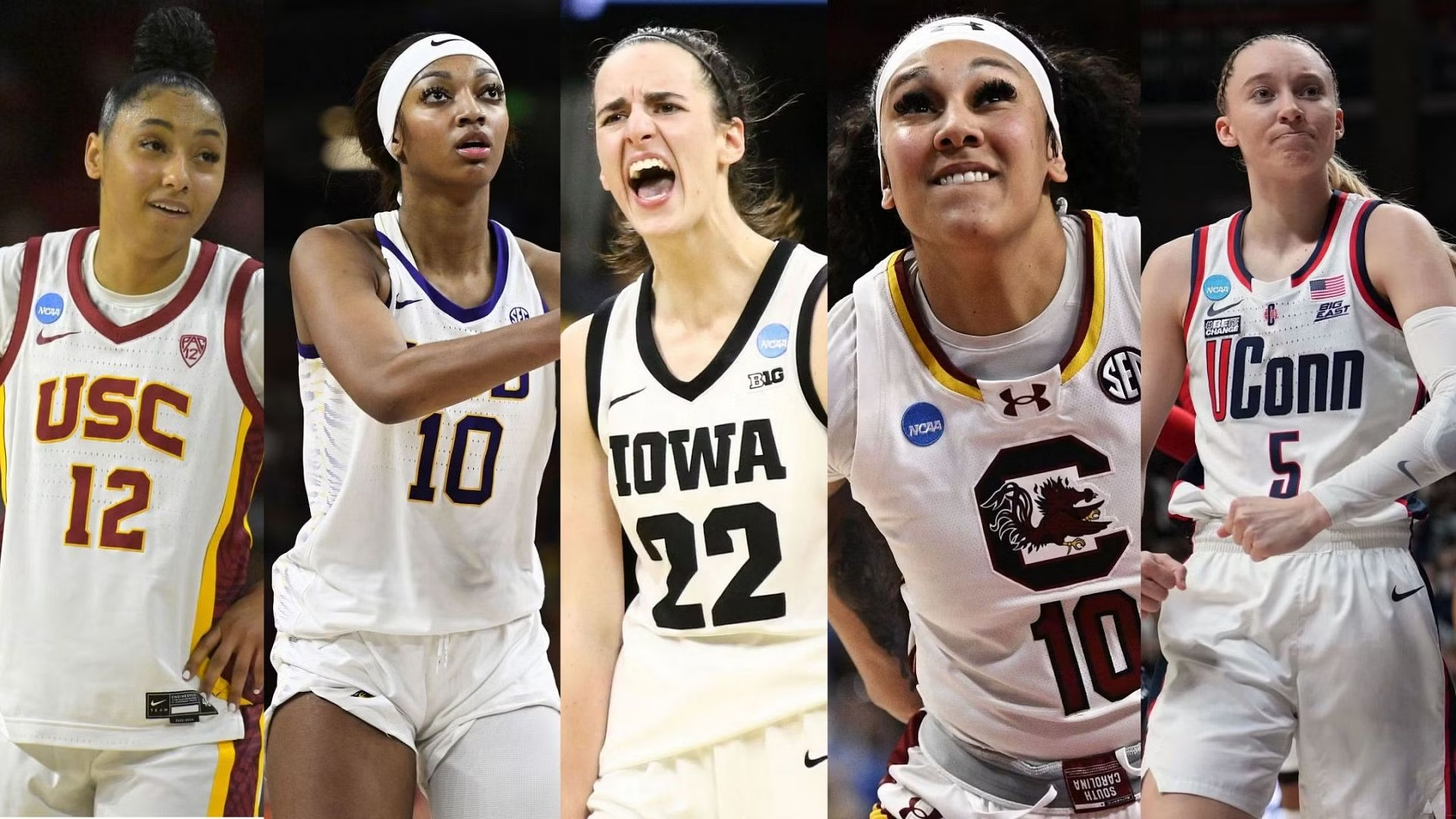
Despite her extraordinary accomplishments, Clark is not alone. Women like Paige Bueckers of the University of Connecticut, Kamilla Cardoso of the University of South Carolina, Juju Watkins of the University of Southern California, and Angel Reese of Louisiana State University have shown the world that women can do it just as well as men … if not better.
Although these athletes are finally receiving some of the recognition they deserve, the job is far from done.
Let’s continue this momentum. It’s time.

